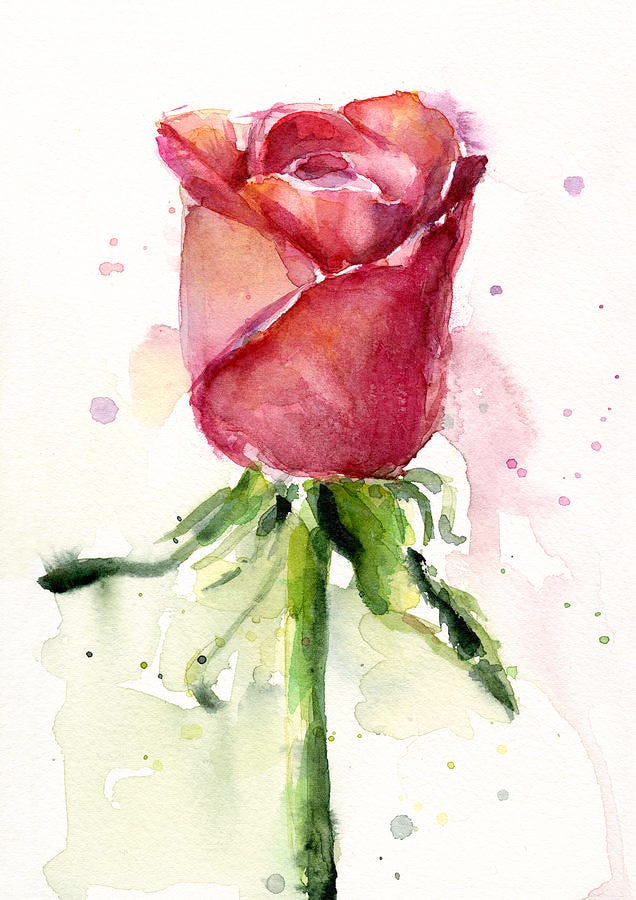Wait! Just Listen is a weekly Sunday newsletter on living a purposeful and meaningful life, in a digitised world of opinion polarisation, gratuitous commentary and click-bait. Subscribe with one-click to receive my musings right in your inbox.
There are some truths that live outside of logic; hazy silhouettes of ideas, intuitions and incoherent emotions that hover around the fringes of our defined reality just out of reach to grasp completely. They present as incomplete fragments swirling in a vortex of mystery. Because our universe will always be more complex than our ability to understand it.
Whilst common-sense has served as our trusty companion to establish coherency, it has rather ironically blinded us to reality, prompting American astronomer Carl Sagan to once acknowledge “the common pitfalls of common sense”. Yet time and time again, we inadvertently express uneasiness towards processes and phenomena that somehow sit outside the defined templates of what we deem to be the truth. We choose instead to succumb to culture’s artificial and limiting polarities, because knowing is more important than facing up to the untamed messiness behind the curtain of perceived certainty.
Human knowledge will always be nothing more than a set of approximations; a mix of verifiable truths, assumptions and well-intentioned guesstimates. In other words, knowledge is a derivative of human experience but venture beyond the sensorial, and the laws of nature (and the cosmos) become increasingly obscure. We struggle to accept that there are no reasons for nature to continue to obey our expectations because these expectations are themselves dependent on a limited set of experiences.
Beyond the realm of subjectivity, we’re left with incompleteness - an unfinished patchwork of questions and half-defined truths that increasingly confound the more we try and fill in the gaps. We have no other choice but to approach the surrounding mystery with an open mind and listen to what it tells us. Our hopes, desires and delusions that we once clutched upon devoutly as a source of refuge become borderline irrelevant.
But there is a saving grace . Art.
Through art, we strive to invent a language of precision to manage the incompleteness, to slowly unfurl its often misunderstood glory. Great art represents reality just as much as it conceals it. There is no absolute of the real, only intuitions that welcome an acceptance of something greater and more abstract.
Take for example, William Blake’s, “The Sick Rose” published in 1794 as part of Songs of Experience:
O Rose thou art sick.
The invisible worm,
That flies in the night
In the howling storm:
Has found out thy bed
Of crimson joy:
And his dark secret love
Does thy life destroy.
Whilst Blake’s poem is classically polysemic like his other works, it revolves around a rose flower which is diseased, because a foreign agent (described as an invisible worm) is destroying the flower’s vitality. Underneath the simple lines and musicality of the rhymes, there is a complex deception at play. There is an ambiguous duality that exists between the rose and the invisible worm whose relationship is laced with the co-existence of contrasting impulses; around seduction, destruction and pure love. The lines acknowledge a simmering restlessness (on part of the reader) to uncover this curious bond between two innocent by-products of nature. Yet, Blake makes it clear that the ‘desire to know’ is a perennial riddle of life that is both tragically unsolvable and sublimely liberating.
Experiences of artistic efflorescence like reading a William Blake poem, ignite a strong sense of humility within, that despite our insatiable need to comprehend, and clarify, some things will always remain incomplete in their truest essence. This humility is not proof of any resigned acceptance of human weakness. Instead, it serves as armour against the pressure of seeking .
You see, there is profound beauty to incompleteness. It is not bound by the tyranny of perfection; pitfalls are part of the adventure. Most importantly, the incomplete and imperfect episodes in our life, those broken dreams and ‘nearly moments’ remind us that courage is the fruit not of perfection but of doggedness in the face of fallibility.
Like the rose and the invisible worm, there is a flicker of mystery, an incompleteness, that resides in all of life. That is the only perfection that matters.




There's incredible strength in being able to live life to the fullest even amidst all of its uncertainties. I wish I were better at it. I don't really try to control it, or understand it, but living productively through it is another thing altogether. I'm curious, Josh, if you don't mind sharing, does art and writing help for you?
Next to the pastures of incompleteness lies a neighboring field, too, that has to do with aspiration and learning and, well, failure. Closely allied with the hanging-ness of incompletion. Take a look at Peter Schjeldahl's essay in the June 13 New Yorker (pp. 72-73). It's titled "Scaling Up" and tells of Schjeldahl's relishing of "the abundance of relatively -- and poignantly -- dud paintings in 'At the Dawn of a New Age: Early twentieth-Century American Modernism,' at the Whitney Museum." Schjeldahl sometimes flares up too brightly in his prose (I always forgive him!), but his observations are consistently sound and interesting. Like: "It is a fact of the art-loving experience that serious but failed ambitions teach more about the tenor of their times than contemporaneous successes, which freeze us in particular, awed fascination." And: "When something doesn't quite cohere, you can see what it's made of." Incompleteness, like aspiration, reveals.